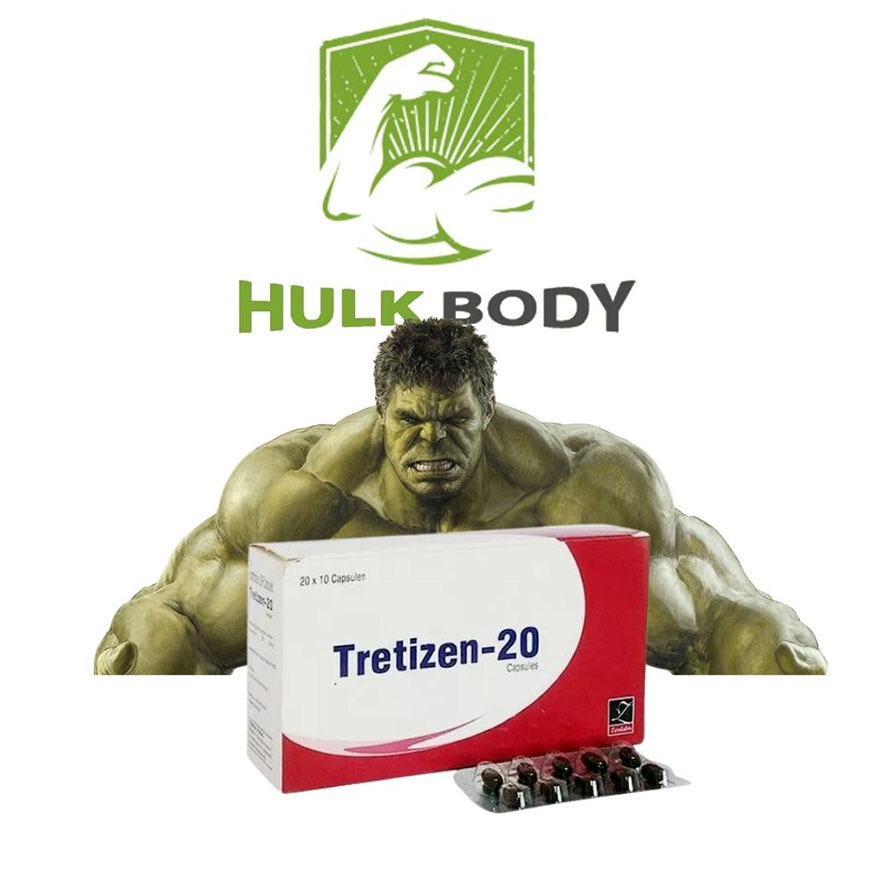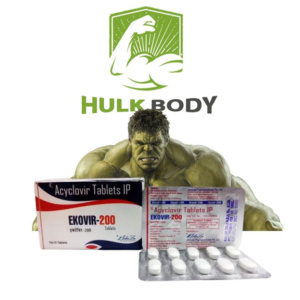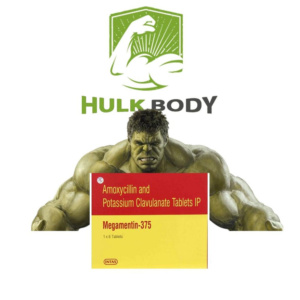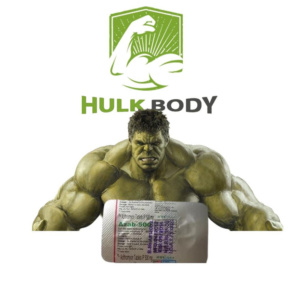Description
Tretizen-20 is a drug manufactured by the pharmaceutical company Zen Labs and contains the active substance Isotretinoin (Accutane). The synthesis of 13-cis-retinoic acid (isotretinoin) began in 1955. Rosacea, perioral dermatitis, seborrheic dermatitis, folliculitis, granuloma annulus, sarcoidosis, various keratinization disorders, and photo-aging are indications for the use of the drug in addition to acne.
Benefits of taking Isotretinoin
Isotretinoin slows down the proliferation of epithelial cells of the ducts of the sebaceous glands, the formation of detritus it normalizes the development of terminal cells and enables the removal of detritus. Isotretinoin promotes secretion and reduces the formation of sebum.
After oral use of the drug, absorption of isotretinoin is variable, bioavailability is variable and low; taking isotretinoin with meals increases bioavailability by double.
Within two to four hours, the blood plasma reaches its maximal concentration. 99.9% of the time, Isotretinoin binds to plasma proteins (mainly with albumin).
Isotretinoin has a 19-hour half-life. About equal amounts of Isotretinoin are eliminated by the kidneys and bile.
How to take Isotretinoin
Zen Labs’ Accutane is taken orally. Because the adverse effects and therapeutic efficacy of Isotretinoin rely on the dose and differ with each individual, the dosage regimen is personalized.
The drug is used for 16 to 24 weeks, the starting dose is 0.4 to 0.5 mg / lbs. per day, divided into two halves. It is taken with meals.
Dose adjustment is carried out based on the seriousness of side effects and treatment response.
The drug is discontinued if, after 16 to 24 weeks, the number of rashes has decreased by 70% or more. Upon confirmation of a recurrent or persistent cycle of the disease, a repeating round of treatment is administered with an interval of at least two months.
Isotretinoin side effects
You should always carefully consider whether to take oral Isotretinoin therapy in your case because of the significant risk of side effects.
Severe dryness of the skin, painful lips, itching, and peeling of the skin on the hands and feet are the main symptoms. Skin and mucous membrane irritation are possible side effects. Thirty percent of patients also report hair loss, which is reversible following therapy.
Situations when dry skin is exposed to sunlight make it worse. You should absolutely refrain from sunbathing while in therapy and use high-filtering creams in regular life (at least Sun Protection Factor 50).
Impaired liver function is another negative side effect, so the concentration of transaminases should be closely watched during treatment. Additionally, harmful changes in the patient’s lipid profile are frequently seen and also need to be periodically evaluated.











